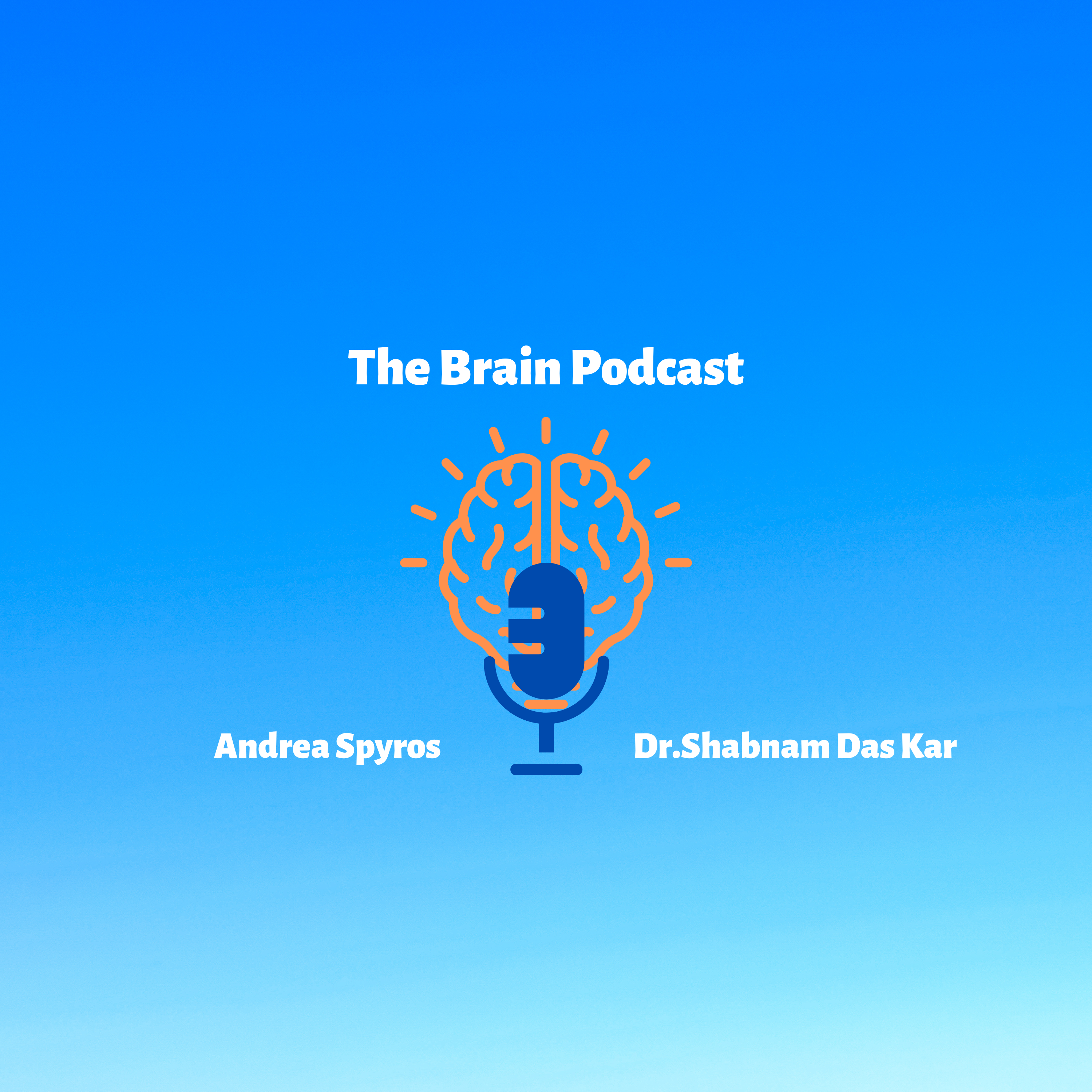In this episode, we explore the impact of the gut microbiome on brain health. We discuss how gut bacteria influence blood pressure, blood glucose levels, and chronic inflammation—three key factors in cognitive function.
Learn how the microbiome contributes to mental health issues and autoimmune conditions, often without apparent symptoms. To simplify gut health, we introduce an analogy: understanding who is present, who their friends are, and what they do together.
While food plays the most significant role in shaping the microbiome, there is no quick-fix supplement. We encourage small, manageable food changes, starting with the easiest meals and incorporating more protein. We also highlight the importance of a supportive food environment, such as a well-stocked “super fridge” and “super pantry.”
00:00:00 – Introduction to Gut Microbiome and Brain Health
00:00:10 – Blending Medical Insights with Behavior Design
00:00:28 – Meet the Hosts: Dr. Shabnam Daskar and Andrea Spyros
00:00:40 – Defining the Gut Microbiome
00:01:08 – Understanding Microbes in the Gut
00:02:16 – The Role of Bacteria: Good vs. Bad
00:02:31 – The Evolution of Gut Bacteria
00:04:07 – Foundations of Brain Health
00:04:44 – Gut Microbiome’s Impact on Blood Glucose
00:06:36 – Identifying Gut Microbiome Problems
00:09:36 – Framework for Understanding the Gut
00:10:06 – The Complexity of Gut Microbiome Relationships
00:14:11 – Managing Expectations About Gut Microbiome Knowledge
00:17:24 – Actionable Steps for Improving Gut Health
00:17:34 – Behavioral Change and Food Choices
00:22:02 – Creating a Super Fridge and Pantry
00:24:43 – The Importance of Self-Compassion in Dietary Changes
00:26:25 – Final Thoughts on Gut Microbiome and Food Choices
00:33:45 – Conclusion and Next Steps

More women than men are diagnosed with Alzheimer’s Disease (AD). Age is one of the most significant risk factors for AD. Years ago, it...

Blue Zones are fascinating, but they are not a prescription. We explain what the data can (and cannot) prove, then turn a few key...

Food is many things: it can be nutritious fuel for your body and brain, a delicious treat for your taste buds, or even the...